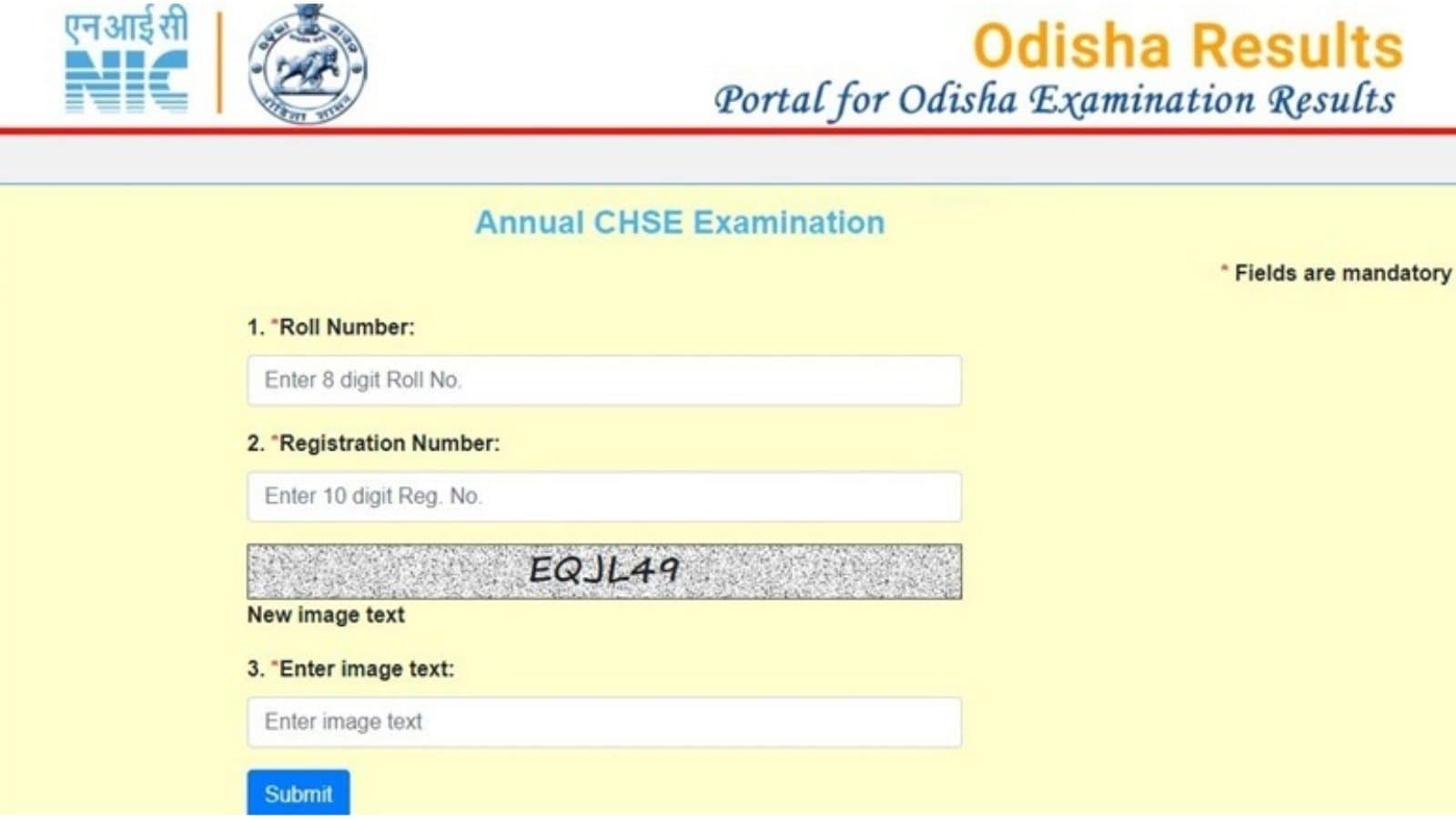The study is part of the Consumer Mindset report published in India on June 8. The report, which had 1,000 respondents from India, found that 81% of said since last year, at least one member in their household had started either full-time or part-time online learning via virtual platforms. In 34% of households, these learners fall between the age group of 18-24 years, followed by 29% between 13 and 18 years, 24% between 5 and 12 years, 21% between 25 and 35 years, 16% over 35 years and 9% even under the age of 5.
Given that a large young audience has adapted to virtual learning, there’s a greater need to ensure their online safety and it’s encouraging to know that 36% of the respondents who participate in distant learning purchased new security/protection technology in India.
“As they turn to remote and e-learning, students today, are at a heightened risk of online threats as their time spent online increases and they adapt to newer tools. With students as well as teachers now operating from lesser controlled environments, the need to educate them on basics such as phishing, cyberbullying, and inculcating overall cybersecurity hygiene is imperative. Educational institutions must approach cybersecurity holistically, particularly now that technology pervades nearly every facet of a child’s life,” said Judith Bitterli, senior vice-president of Consumer at McAfee. “As technology has transformed the educational sector, cybersecurity too must be part of the school curriculum, and entrenched in the way we teach, and the way we learn.”
Tips to stay safe
· Don’t click all that you see – Despite knowing the sender, never click any kind of unsolicited links included in emails, text messages, or screen pop-ups.
· Don’t go overboard with sharing – Maximise privacy settings on all social profiles and engage in safe social networking.
· Access from home securely – Use a VPN when children are accessing online learning services from home to protect the privacy of the internet connection with bank-level encryption to stop hackers stealing personal information like passwords or data.
· Teach personal responsibility – Ask children to question the content they read or watch online to determine if it is credible before making up their minds.
· Strong, complex passwords – Strong passwords are critical, and hence, one must use complex catchphrases and combinations of letters, characters, and numbers. Prefer two-factor authentication to add an additional layer of protection between you and a potential attacker.
· Cautious information sharing – While learning online, there could be instances where children are required to exchange information with their peers.
Source link




